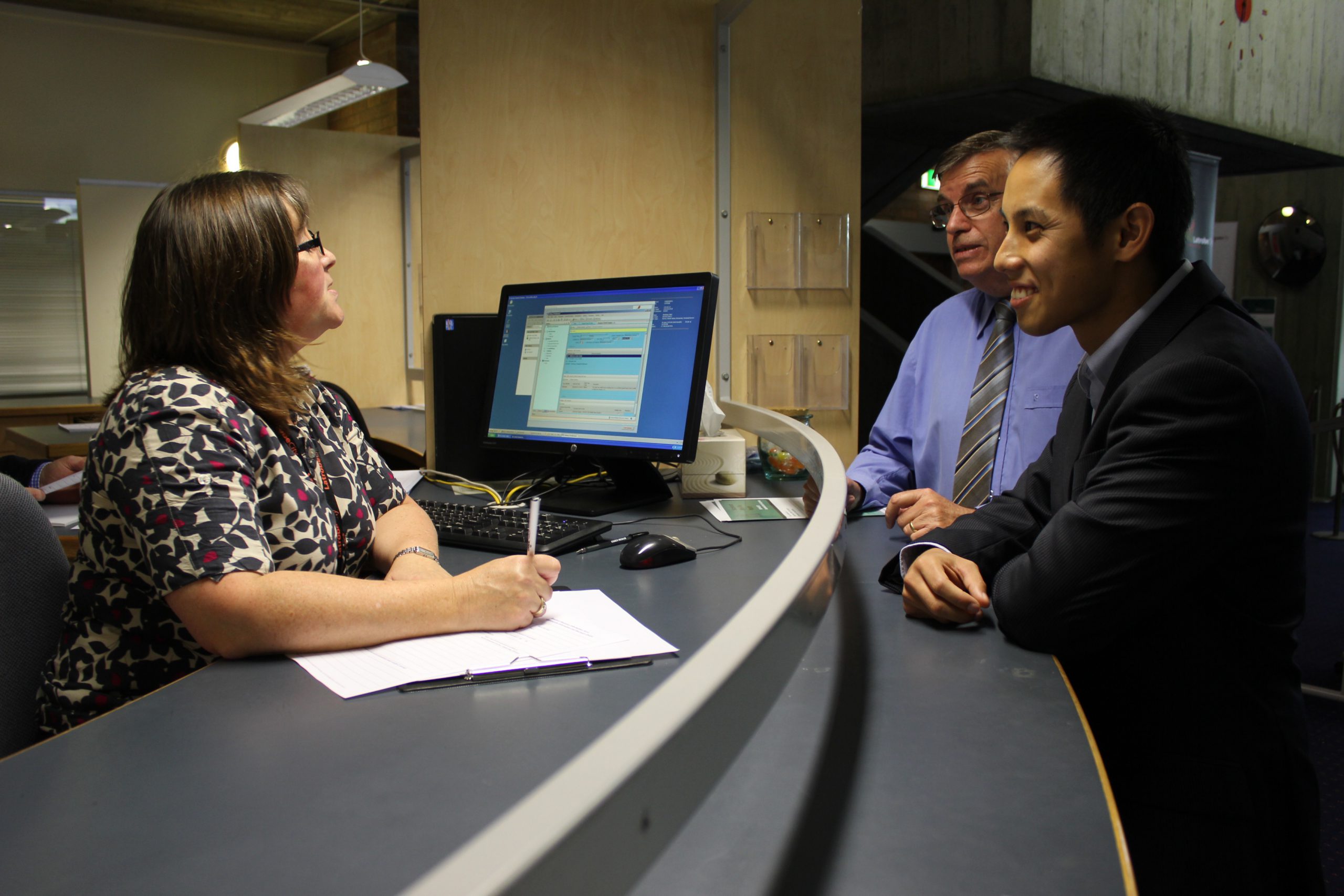Only 37 Morwell homes have been cleaned out of the 500 homes registered for professional cleaning as of Friday since the State Government announced a $2 million clean-up package two weeks ago.
Latrobe City Council, responsible for the administration and implementation of assistance to Morwell residents affected by the Hazelwood mine fire, began the assisted professional cleaning last week.
Latrobe City mayor Sharon Gibson said the council would make “no apology” for ensuring the correct systems were in place prior to going out into the community to physically deliver cleaning assistance.
“We deliberately took the time to make sure that everything was done before it started,” Cr Gibson said.
“People had to have police checks, you cannot just go into homes without police checks.
“You have to make sure that the professional cleaners have got the capacity to do it in the time frame.
“Yes, they may have been upset (community members) about that, but there was really good reason to do that.”
Latrobe City recovery manager Jodie Pitkin said she understood the figure seemed like a small number in comparison to the amount of registrations, but had been working closely with contractors over the last couple of days.
“We’re employing additional subcontractors to complete that work and as of next week, we’ll be delivering about 45 assisted cleans per day,” Ms Pitkin said.
“So we’ll get through that backlog of 500 registered cleans pretty quickly.”
The comments were made at the opening of the new Community Information and Resource Centre at 20 Hazelwood Road, Morwell, described as a “one-stop-shop” for recovery.
Morwell residents will be able to apply for assisted cleans, access clean-up kits, vouchers for car-washes, laundry vouchers, loan HEPA grade filtered vacuum cleaners and access information about the Hazelwood mine inquiry.
The service will also provide free counselling service with Relationships Australia and Insurance Council Australia.
At the opening, Community Advisory Group member Roger Chao also announced the transition of the group to the Community Recovery Committee as the community shifts from the response stage to the recovery period.
“From the Community Advisory Group’s perspective, having all of this counselling available is a necessity,” Mr Chao said.
“People are affected on a psycho-social level as a result of these fires and have emotional concerns and some have been greatly affected because they’ve had to relocate their lives that have been uprooted.”











